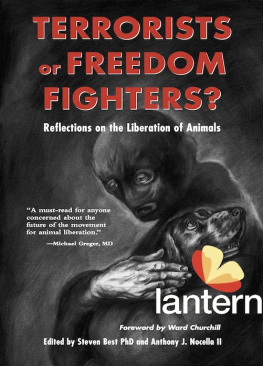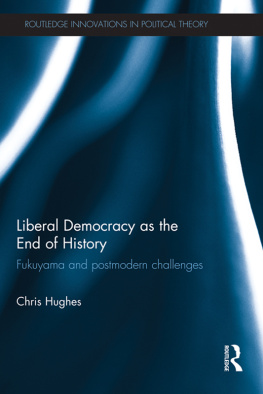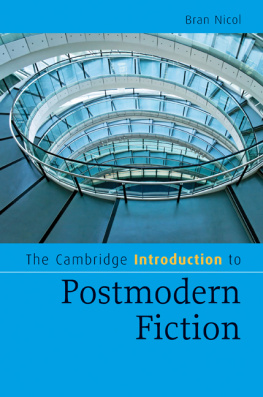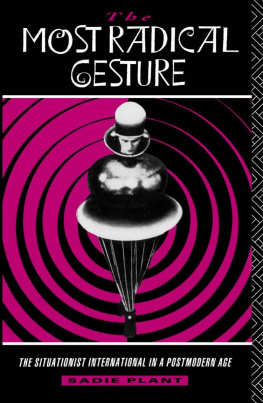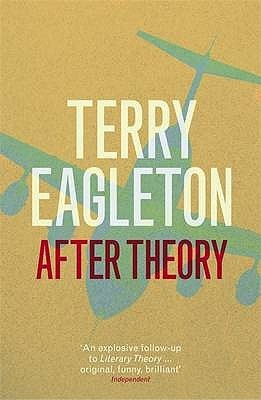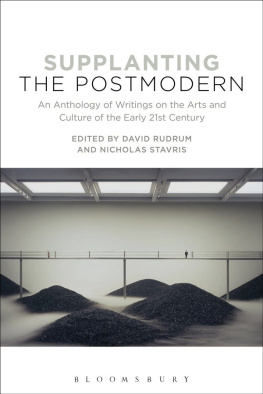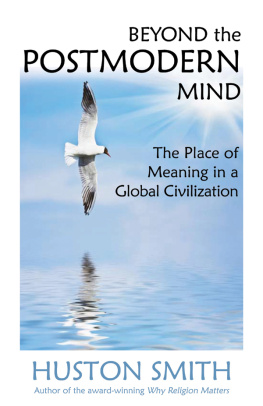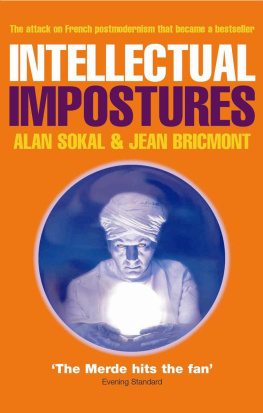First published 2001 in the UK by Routledge
11 New Fetter Lane, London EC4P 4EE
Simultaneously published in the USA and Canada
by The Guilford Press
2001 The Guilford Press
A Division of Guilford Publications, Inc.
72 Spring Street, New York, NY 10012
www.guilford.com
Routledge is an imprint of the Taylor & Francis Group
All rights reserved. No part of this book may be reprinted or reproduced or utilised in any form or by any electronic, mechanical, or other means, now known or hereafter invented, including photocopying and recording, or in any information storage or retrieval system, without permission in writing from the publishers.
Printed in the United States of America
This book is printed on acid-free paper.
British Library Cataloguing in Publication Data
A catalogue record for this book is available from the British Library
ISBN 0-415-23962-1 (hbk)
0-415-23963-X (pbk)
May you live in interesting times.
ANCIENT CHINESE CURSE
The road is always better than the inn.
MIGUEL DE CERVANTES
Seek, Seeker.
The future is made of seeking.
JOS ORTEGA Y GASSET
The past several decades have exhibited vertiginous change, surprising novelties, and upheaval in an era marked by technological revolution and the global restructuring of capitalism. This great transformation, comparable in scope to the shifts produced by the Industrial Revolution, is moving the world into a postindustrial, infotainment, and biotech mode of global capitalism, organized around new information, communications, and genetic technologies.1 This epochal process includes the growth of far-reaching transnational corporations, intensified competition on a planetary scale, and the relocation of industry and manufacturing to the developing world. Globalization has produced a world economic system and trade laws that protect transnational corporations at the expense of human life, biodiversity, and the environment. It is accompanied by computerization of all facets of production and expanding automation, generating heightened exploitation of labor, corporate downsizing, and greater levels of unemployment, inequality, and insecurity.
As we enter the Third Millennium, we are thus witnessing the advent of a digitized and networked global economy and society, fraught with promise and danger. The scientific-technological-economic revolutions of the era and spread of the global economy are providing new financial opportunities, openings for political amelioration, and a wealth of ingenious products and technologies that might improve the human condition. Yet these developments may lead to explosive conflict, crisis, even catastrophe. Hence, the turbulent transmutations of the current condition are highly contradictory and ambiguous, with both hopeful and threatening features being played out on political, economic, social, and cultural fronts.
This novel situation and its myriad mutations are often subsumed under the label postmodern, although few discussions link the condition to both wide-ranging scientific and technological revolutions and the global restructuring of capitalism.2 For us, the postmodern highlights what is singular and original in the contemporary era. It calls attention to discontinuities and ruptures, and signals that an extensive range of novelties are appearing that require fresh analyses, theories, and practices. But for the discourse of the postmodern to have theoretical and political weight, it must be articulated with the profound alterations of the day and given concrete substance and force. We will, accordingly, attempt to show that the transition to a postmodern society is bound up with fundamental changes that are transforming pivotal phenomena from warfare to education to politics, while reshaping the modes of work, communication, entertainment, everyday life, social relations, identities, and even bodily existence and life-forms.
Within politics today, one observes a broad expanse of events, ranging from local struggles over power and identity to new types of global conflicts and movements. The emergent movements against capitalist globalization challenge powerful sociopolitical forces such as transnational corporations, the World Bank, the International Monetary Fund (IMF), the World Trade Organization (WTO), and formations like the European Union (EU) and the North American Free Trade Agreement (NAFTA). The global economy and polity thus display new structures and alliances which in many cases surpass the power of the nation-state that became a key institution of the modern political order. Nonetheless, the nation-state arguably continues to be a much stronger governmental force than some theories of globalization indicate (see ). Moreover, violence and political fragmentation in the former Soviet Union and Yugoslavia, as well as in Asia, Africa, the Middle East, and numerous other regions, have created a new world disorder fuelled by intense ethnic and territorial rivalries.
In the United States, the New Deal of the 1930s and the Great Society of the 1960s have devolved into a dysfunctional welfare state, which in the 1990s produced a disciplinary workfare camp and prisonindustrial complex, while millions continued to fall through tears in the social safety net. Around the globe, neoliberalism has replaced social democracy. With the collapse of the Soviet Union, a predatory global capitalism and its hyper-commodified McCulture are now hegemonic, confronted with no alternative historical bloc. Yet novel kinds of spectacle, technopolitics, and multimedia are creating nascent oppositional public spheres and altering the locus and networks of communication and contestation. For decades, politics has been played out significantly in broadcast media. Now, with the Internet, cyber culture, and digital technologies, new public spheres and domains of political information, debate, and struggle are arising (see ).
On the level of society and everyday life, individuals are bombarded by a spectrum of technologies that are reconstructing every aspect of experience. The entertainment and information industries have created innovative realms of interaction, where TV zappers surf proliferating numbers of cable channels and computer users cruise an ever-burgeoning Internet. Within cyberspace, everything from UFO cults and video voyeurism of live sex and child pornography to myriad modes of politics, alternative forms of art, and interactive information networks are on display. These emergent cultural technologies, and a rapidly materializing virtual reality (VR), are producing highly original domains that alter existing notions of space, time, reality, embodiment, and identity. VR technologies can simulate any world or experience through sound, advanced graphics, and intensely immersive and interactive environments; they are already being used to transform architecture, medicine, art, entertainment, and even the activity of war (see ).


